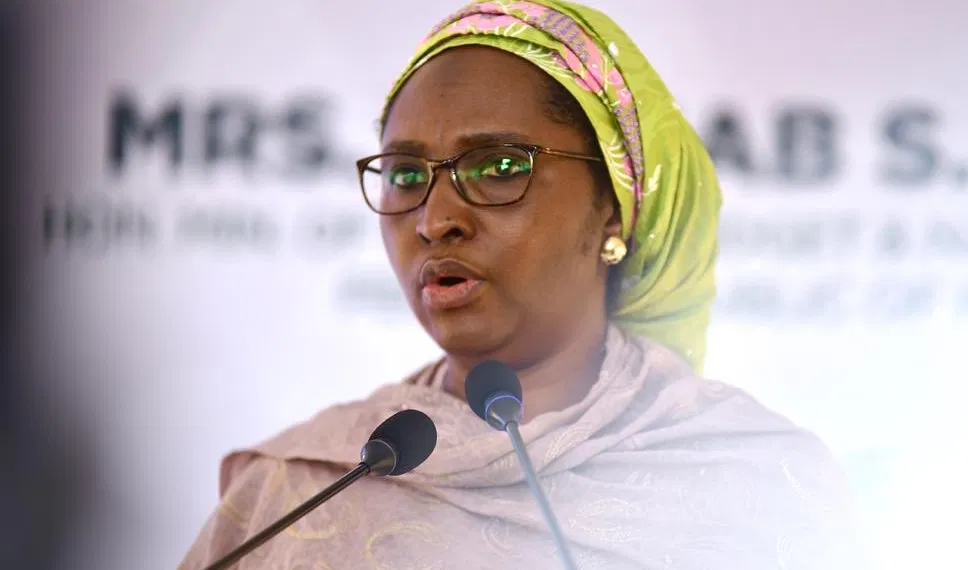Nigerians should be expecting increased unemployment and reduced infrastructure development in the country with the 2023 budget as analysts say they expect an increase in the cost of living in the country following the planned removal of fuel subsidy by the second half of next year.
The 2023 budget of the federal government of Nigeria, christened the Budget of Fiscal Consolidation and Transition, proposes N9.73 trillion in revenue and N20.51 trillion in expenditure, resulting in N10.78 trillion fiscal deficit.
Total federal government revenue to be generated in 2023 is projected to decrease by nine per cent, while expenditure increases by 20 per cent, thus demonstrating a less (financially) efficient government.
According to Senior Analyst at Parthian Partners Limited, Gafar Bashiru, this is largely driven by increased cost of debt, as debt service is to increase by 75 per cent when compared to 2022. GDP growth for 2023 is reckoned to drop by 11 per cent to 3.75 per cent.
“This foretells an increase in unemployment rate, especially in the informal sector where most of the employment in Nigeria lies. Where the wind of potential global recession blows into Nigeria, the picture of unemployment in 2023 is even more bleak.
“Based on the proposed budget, Nigerians may expect less infrastructural development next year, as capital expenditure is estimated to reduce by two per cent. This is an important point to note, as it is estimated that the country will require between $100 to $150 billion per annum for at least the next ten years in order to close the infrastructure deficit. The impact of this two per cent decline may however understate the infrastructure projects for next year, as the Infrastructure Corporation of Nigeria (InfraCorp) established in 2021 can conceivably improve capital projects even amidst declining government capital expenditure, given the private participation in InfraCorp.
“In the event where subsidy removal is implemented midyear as planned, cost of living faced by Nigerians is expected to rise, thereby putting pressure on the pockets of already vulnerable millions of Nigeria. This constrain is however expected to be a short-term pain, as the suspension of PMS subsidy payment will potentially free up money available to the federal government to undertake infrastructure projects that should improve the lives of Nigerians in the long run.
On his part, the chief executive of Center For Promotion of Private Enterprise, an economist, and former director general of the Lagos Chamber of Commerce and Industry (LCCI), Dr Muda Yusuf, noted that the 2023 federal government budget has further amplifed the troubling fiscal outlook for the economy. Expenditure continues to accelerate amid consistent weak revenue performance.
“We have a budget of 20.51 trillion naira and revenue projection of 9.73 trillion naira. This is a deficit of 10.78 trillion. In all probability, the deficit will be much bigger by year end because of the track record of revenue under performance over the last couple of years.
We are also likely to see an acceleration of CBN financing of fiscal deficit given the revenue performance trajectory. The public debt stock is growing and currently at 42 trillion naira.
With additional new borrowing of 8.8 trillion naira, the debt profile will be inching close to 50 trillion naira by May next year. If we take into account the borrowing from the CBN [ways and means], which is currently about 20 trillion naira, we will have a total debt of 70 trillion naira by end of 2023. This should be a cause for concern.
A number of issues need to be addressed to achieve our fiscal sustainability aspiration.
Government owned enterprises managing huge economic assets need to justify the value of assets at their disposal. Returns on investment on those assets have been consistently sub optimal for many years. These include government enterprises in maritime, and oil and gas, for example. It is instructive that some reforms are ongoing at the NNPC.
Oil revenue performance should be much better given the prevailing global oil price. Lapses in the petroleum upstream ecosystem needs to be urgently addressed. This includes the impunity of crude oil theft and vandalism of oil facilities.
The foreign exchange policy regime is adversely impacting on business environment and needs to be urgently addressed. Weak private sector performance would naturally affect non oil tax revenues.
There is a need for budget reforms. The budgetary appropriations must reflect urgent national economic priorities. There are also concerns about value for money and other forms of fiscal leakages. The Auditor General of the federation had severally raised these concerns.
We agree with the President that funding of tertiary education cannot be adequately and sustainably supported exclusively from government budget. New funding models need to be urgently explored for adequacy and sustainable funding. Current budgetary provisions need to be augmented from new innovative funding windows.
The same is true for road infrastructure financing. The road fund bill needs to be revisited to ensure sustainable funding of road infrastructure across the country. Budget funding for roads cannot guarantee quality road infrastructure for a country over 200 million people.
We note the reference by Mr President to PPP options for infrastructure financing. However, the macroeconomic and regulatory environment needs to improve to inspire confidence of investors in infrastructure within the PPP framework. Current macroeconomic and foreign exchange policy regime are major disincentives to investors in infrastructure, especially the foreign investors. We need the inflow of such foreign capital to complement government funding in infrastructure.
We note that this budget is a budget of Transition. However, the incoming administration would have to grapple with profound fiscal headwinds given the ominous fiscal outlook for 2023. As the campaigns progress, it is important for politicians to manage expectations. Tough policy choices will have to be made to reset the economy.





